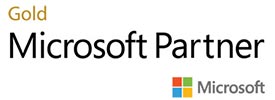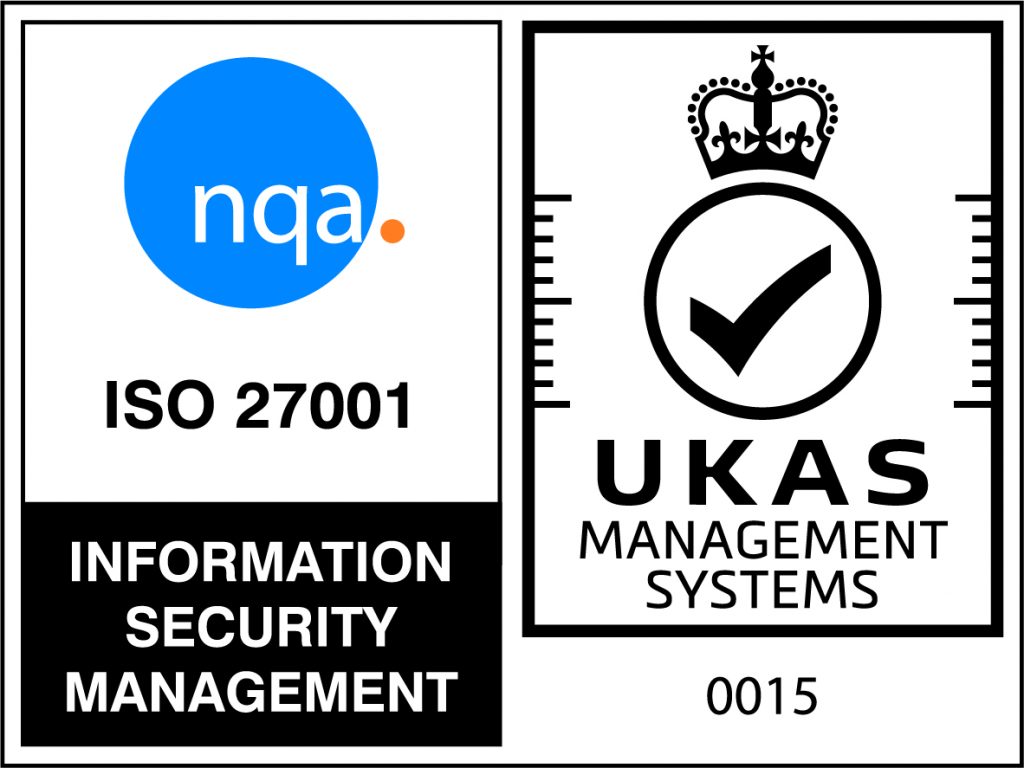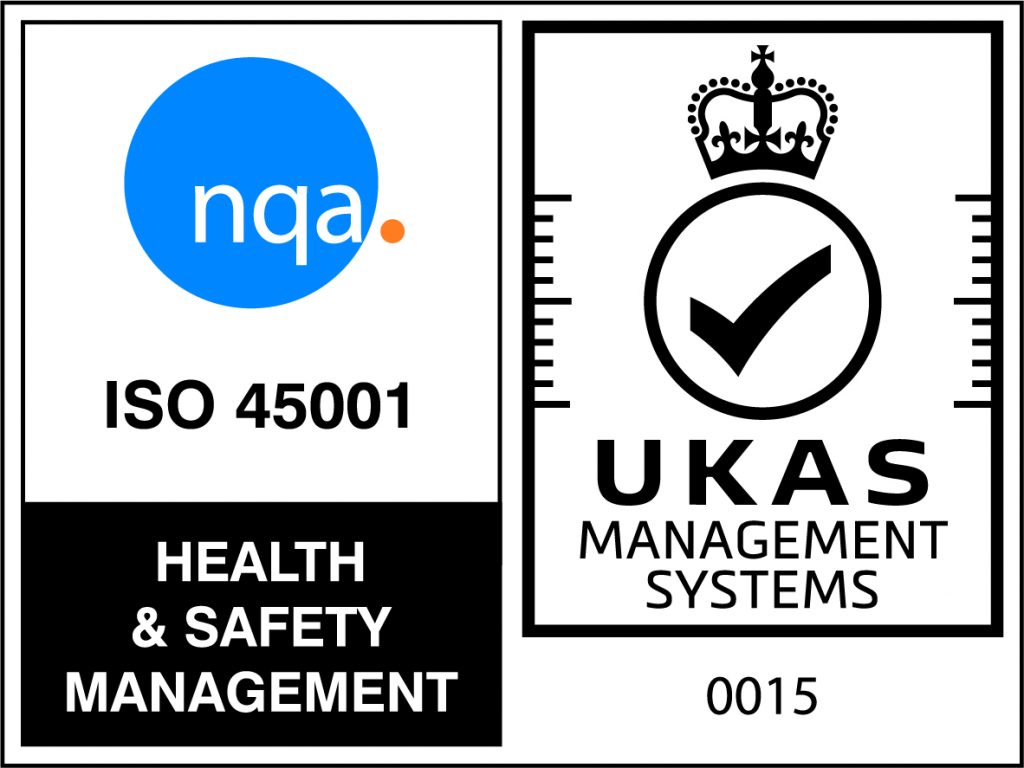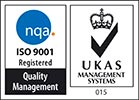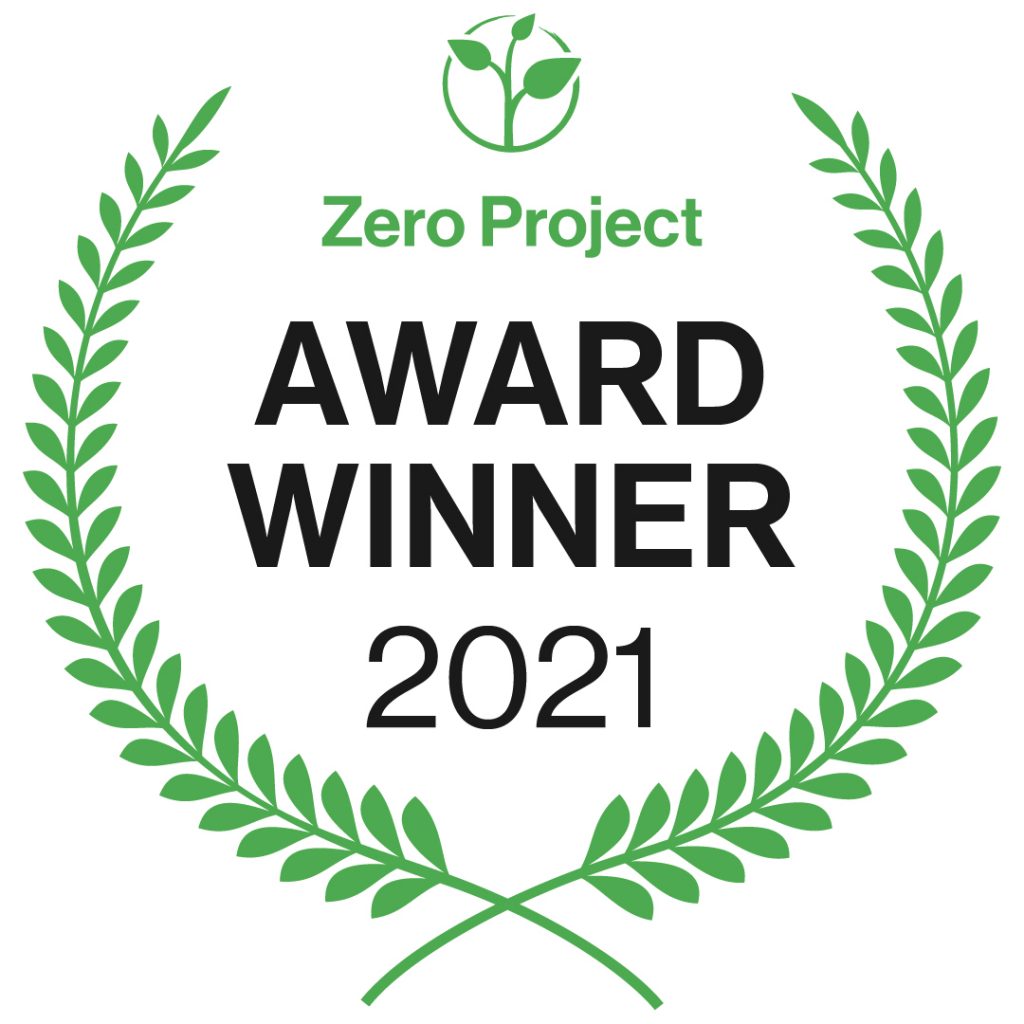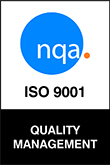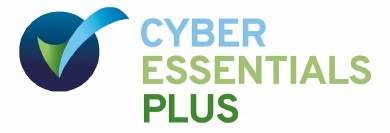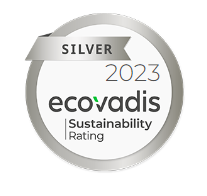This week, Impact Experts QT features Nasser, a dedicated champion for disability inclusion. Growing up with a vision impairment in overcrowded classrooms, Nasser faced isolation and barriers in education, but he turned these challenges into a mission to transform the lives of disabled individuals. Over the years, he has led initiatives that have supported thousands of students and employees, advocating for the power of simple adjustments and technology to unlock potential. As the founder of Microlink, Nasser has driven global efforts to make inclusion a priority in both education and the workplace.
In this edition, Nasser shares his journey, the lessons learned from his work, and the importance of viewing disability inclusion as a strategic opportunity for growth and success.
What drives you to champion disability inclusion, and how has that shaped your work or personal life?
Growing up with a vision impairment in a country with overcrowded classrooms, I often found myself at the back of the room, unable to see the lessons. This struggle made me feel isolated and misunderstood. I went from being a school failure to discovering how technology could open doors for disabled students.
In the early 1990s, I set up a scheme to support disabled students at UK universities, which is still running today, helping 80,000 to 90,000 students annually. Through this work, I realised how the right support and technology can transform lives.
My journey then expanded to working with organisations like Lloyds Bank, where I applied this knowledge in the workplace. I championed the idea that every individual has unique value and can thrive with the right support. I helped identify adjustments, supplied equipment, and provided training for up to 12 months, ensuring employees could perform at their best.
These experiences shaped my drive to advocate for disability inclusion. The support I received and saw others benefit from confirmed for me that with the right resources and understanding, anyone can succeed. This is what fuels my passion to continue pushing for greater inclusion in all areas of life.
What is your biggest impact at work lesson that you are most proud? And why?
One of my proudest moments came from hearing how my work supporting universities and their students had truly made a difference in their lives, helping them achieve success when they never thought it was possible. I’ll never forget meeting a father at an event who shared his son’s inspiring journey. With the support of the initiative I helped establish alongside universities, and their guidance, his son not only earned a 2:1 but went on to become a chief designer for a major coffee chain in Europe.
A similar moment happened during a Cabinet Office meeting on dyslexia. As I was leaving, a man offered to walk me out and, to my surprise, thanked me for everything I had done for him. Though we had never met, he explained that my company’s support had helped him complete university and secure a job in a fast-paced policy team. When he eventually shared his dyslexia with colleagues, he discovered that five out of the seven team members were also dyslexic – proof of the power of neurodiversity.
Over the years, I’ve been committed to finding low-cost, sustainable solutions that remove barriers for disabled people in education and the workplace, helping hundreds of thousands since our foundation in 1992. When I receive feedback like this, it reassures me that we are heading in the right direction.
What is the thing that brings you the most #WorkJoy?
What brings me the most joy in my work is seeing the real-world impact of what we’ve pioneered. We’ve helped define an entire industry, now worth around £50 million a year, by setting trends and developing solutions that others hadn’t considered. Even with competition, we remain at the forefront, constantly expanding our reach. Today, we operate in five countries, including the UK, the US, India, the Middle East, and Australia.
Our long-term vision is to transform the world for the better. We’ve set an ambitious goal: to support 10% of the global disabled population by 2030. While we didn’t define exactly how at the start, we’re making it happen through education and workplace innovation. Over the past three years, we’ve supported 1,000 schools, and during Neurodiversity Week alone, our webinar on inclusive classrooms attracted 5,000 registrants.
In business, our approach remains unrivalled. We’ve proven that by offering the right solutions, employees who might have otherwise struggled can thrive – reducing sick leave, increasing productivity, and improving engagement. The results speak for themselves: accessibility isn’t just the right thing to do; it’s a smart, cost-effective business decision.
Seeing these changes across the globe, whether it’s in schools, workplaces, or entire countries, drives me every day to push further and extend our impact to millions more.
Who or what inspires you most when it comes to driving inclusion and equality, and why?
What inspires me most when it comes to driving inclusion and equality are the parents who tirelessly support their children, ensuring they reach their full potential regardless of any challenges they may face. These parents believe in their children’s abilities and work relentlessly to remove barriers, providing opportunities for success. Their dedication reminds me that with the right support, everyone can achieve great things, no matter the circumstances.
Similarly, business leaders have a responsibility to act as guardians of their workforce just like parents. When leaders embrace this responsibility, they unlock the full potential of their teams, fostering a culture of equality and inclusion that drives success for both individuals and the organisation. This commitment to inclusion is what fuels my passion for driving change in the workplace.
What are the biggest misconceptions businesses still have about disability inclusion, and how can they address them?
Disability is often seen as an emotional or legal issue, but real change happens when businesses view it as a sustainable, strategic opportunity rather than an obligation. If inclusion is framed as something companies “have to do” out of compliance or charity, it leads to tokenism rather than meaningful impact.
The key misconception is that disability inclusion is about hiring people out of sympathy. In reality, every individual, disabled or not, has strengths and capabilities. The challenge is ensuring they have the right tools and environment to thrive. If someone was hired because they were good at their job but now struggles due to a disability, the solution isn’t replacing them – it’s adapting the tools and support they need to perform at their best.
When businesses take this approach, the benefits are clear: higher productivity, lower absenteeism, and better retention. Providing accessible technology, flexible working arrangements, or simple adjustments isn’t a cost – it’s an investment that pays off.
Ultimately, disability inclusion isn’t about meeting quotas or ticking boxes; it’s about recognising and unlocking potential. When companies create environments where everyone can contribute effectively, they don’t just “help” disabled employees, they build stronger, more innovative workplaces for everyone.
How do transparency and openness from senior leaders contribute to creating a fully inclusive workplace with fair representation and no engagement gaps?
Transparency and openness from senior leaders are crucial in building an inclusive workplace with fair representation and no engagement gaps. Disability inclusion is not just an HR initiative, it requires collaboration across IT, facilities, legal, line managers, and more.
When senior leaders actively take ownership instead of delegating responsibility, real, lasting change happens. We’ve seen this firsthand with businesses where small, cost-effective adjustments, often just a few hundred pounds, result in significant financial savings, preventing costly employee turnover and lost productivity.
A key challenge is the misconception that disability inclusion is either too complex or too expensive to implement. However, data proves otherwise: for every pound invested in workplace adjustments, businesses can save £10-15. In a university setting, supporting disabled students could prevent tens of thousands from dropping out, saving institutions millions in lost tuition fees.
The bottom line: inclusion is not just the right thing to do, it’s a business imperative. But for it to work, senior leaders must commit, prioritise action, and empower their teams to remove barriers at scale.
What was your favourite part of ActionAble 2025?
What I loved most about ActionAble 2025 was its ability to bring together so many passionate individuals committed to making a difference for disabled people. The level of engagement was inspiring, and it’s exciting to see people still talking about the event and reflecting on what more they can do to help.
The event highlighted how much impact each person can have in supporting individuals with disabilities, both in the workplace and beyond. ActionAble 2025 provided valuable insights and practical takeaways that will drive long-term change, leaving everyone with actionable steps to create a more inclusive world.
What would be a great result or next step for you, your work, or the community following this event?
A great next step for Microlink would be to continue sharing our practical experience and proven solutions with organisations looking to create truly inclusive workplaces. We’ve seen firsthand how small adjustments can make a big difference, and our goal is to help even more businesses implement these changes. By working closely with companies, we can guide them toward understanding the specific needs of their disabled employees and provide tailored solutions that make inclusion a reality.
The ideal outcome would be for Microlink to expand our reach, helping more organisations not only recognise the importance of inclusion but take concrete steps to build accessible, supportive environments. This would ultimately lead to a more diverse and productive workforce, where every individual has the tools they need to succeed, and barriers to participation are removed. We’re excited about the potential to drive even greater impact, ensuring that disability inclusion becomes a standard practice across industries.
What is your favourite quote that you would like to share?
This is the best way I can express my mission in life which no doubt resonates with anyone who wants the world to become truly inclusive. The words of 12th Century Persian Poet Saadi:
“Human Beings are members of a whole,
In creation of one essence and soul,
If one member is inflicted with pain,
Other members uneasy will remain,
If you have no sympathy for human pain,
The name of human you can not pertain.”
Originally published here: Impact Expert QT: Nasser Siabi – Impact Match

 Back to News
Back to News








